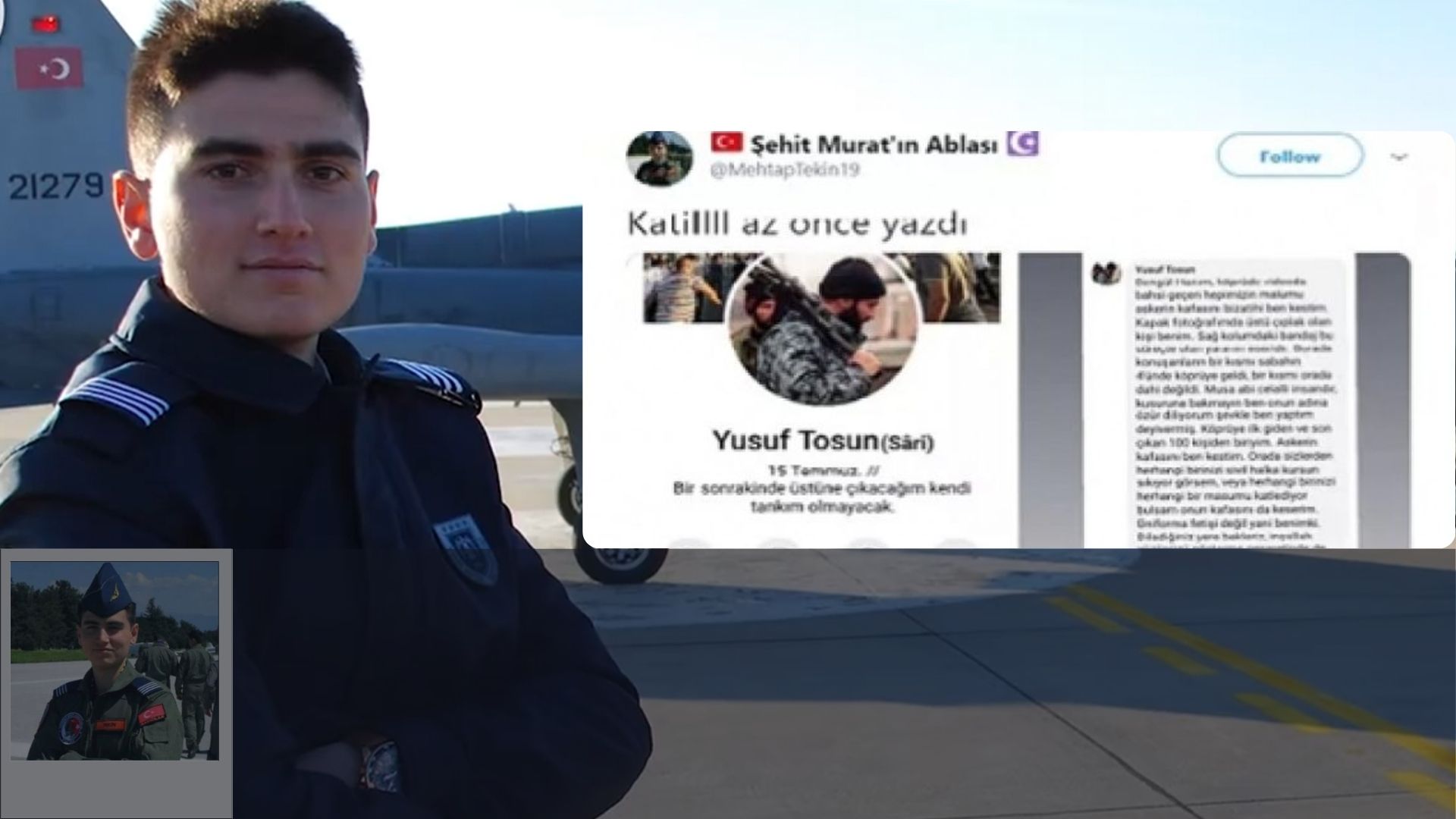Addressing Pilot Shortage in US Aviation Industry: A Safer and Cost-Effective Proposal

The aviation industry is facing a significant pilot shortage, and some lawmakers in Washington are proposing a solution without thoroughly studying the potential consequences. They suggest raising the airline pilot retirement age from 65 to 67, hoping it will address the shortage. However, according to the Airline Pilots Association (ALPA), this approach poses several risks that must be considered. It could lead to limiting some pilots to flying only domestic routes since the ICAO doesn’t change the age limit , requiring extensive retraining of thousands of pilots for different aircraft types and positions, exacerbating the current pilot training backlog, and undermining hard-fought collective bargaining agreements.
Another concerning aspect is the attempt by some lawmakers to roll back current first officer qualification, experience, and training requirements. These requirements have played a crucial role in reducing airline passenger fatalities by an impressive 99.8 percent since 2010. ALPA expresses concerns that lowering the bar on pilot training seems motivated by certain airlines' profit-driven approach rather than a genuine commitment to safety.

Considering these potential drawbacks, it's essential to explore alternative solutions for resolving the pilot shortage in the aviation industry. Fortunately, an option provided by FAR AIM offers a promising path. Hiring experienced military pilots from allied countries, such as Turkey, could prove to be a safer and cost-effective approach.
Turkey has a pool of well-trained pilots between the ages of 30 to 50 who are currently purged in their Airforce. Due to Turkey's political divide, several hundred military pilots have been purged from service and barred from pursuing commercial flying jobs within the country solely because of political reasons. Therefore, it is assumed that they will likely volunteer to migrate to the US to escape social isolation. These pilots possess valuable flight experience, with an average range of jet flight hours varying from 500 to 2500.
While Turkish citizens do not currently qualify for any "special" visa category like Australians, the US government can facilitate immigration procedures to transfer these experienced military pilots to the United States and enable them to pursue careers in the airline industry.
An initial analysis of the purged pilots listed on the government's official website indicates that approximately 1000 pilots would be eligible for Part 121 positions if they were to relocate to the US. These Turkish military pilots would need to obtain FAA Commercial licenses, and their previous flight hours can be credited under FAR AIM. However, they would be required to pass specific exams to convert their military license into an FAA license. The conversion process is estimated to take around 3 to 6 months, including TSA training permits and background checks. Ultimately, the decision by the US government to facilitate this process could yield significant results, providing the aviation industry with a pool of more than 1000 qualified pilots for Part 121 operations.
In conclusion, addressing the pilot shortage in the aviation industry in United States requires a comprehensive and well-researched approach. Instead of hastily raising the retirement age, exploring alternatives like hiring experienced military pilots from allied countries can be a safer and more cost-effective solution. Leveraging the skills and experience of Turkish military pilots can prove beneficial to both the pilots themselves and the aviation industry, ultimately alleviating the current shortage.
Yüksel Akkale
Air Force Colonel (Ret)
Airline Captain




